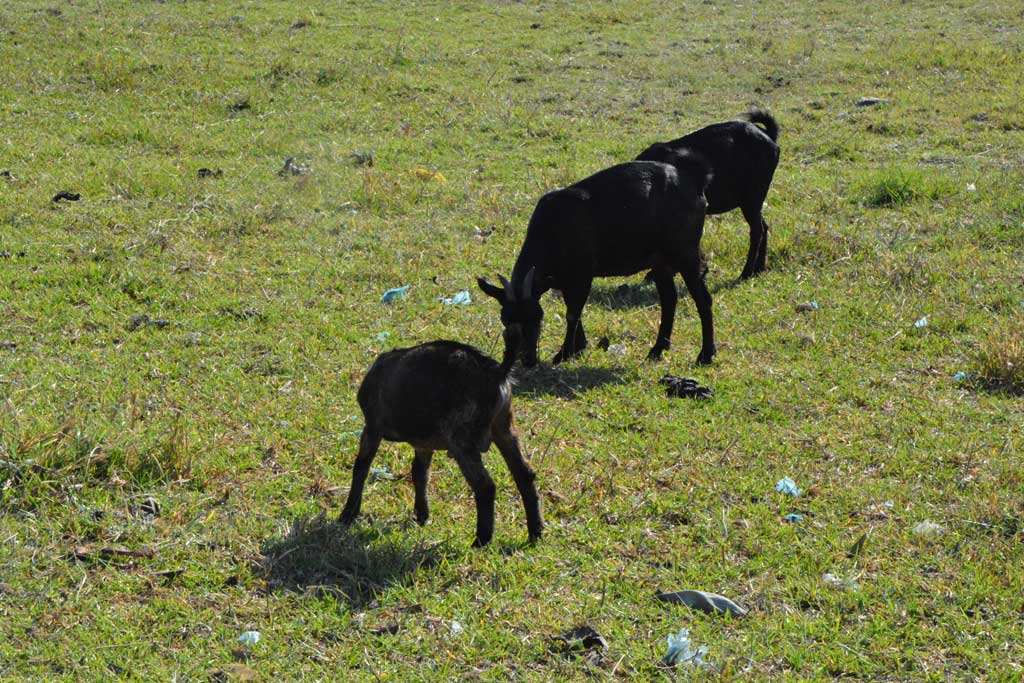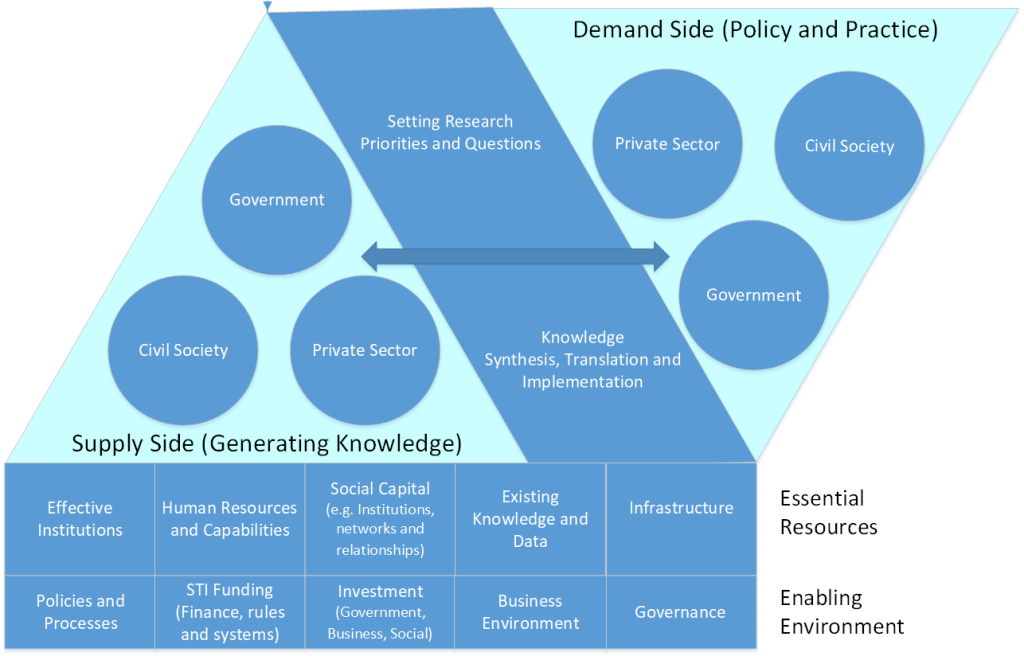Plastics in Africa
The use of plastics and impacts of waste plastic materials was identified as an initial research priority for the Nairobi Alliance in 2018. Initial research on this topic was funded using Research England (UKRI) funding to support the University of Leicester GCRF Strategy. This work supported public debate in Malawi contribute to overturning a legal challenge to the Government’s ban on some types of singe-use plastics.

A proposal for more significant research funding was submitted to GCRF in March 2020 (pending review) and included preliminary analysis of plastic flows in Malawi and Kenya based on data extracted from the UN’s Common Trade database. This approach is currently being extended to cover all countries in Africa with the aim of submitting a research publication by the end of 2020.
Equity and Academic Impact of Global Challenge Research
The development of ESPA‘s Monitoring and Evaluation framework led to an innovative new approach to link data to describe both the academic impact of research (number of publications and citations) and the level of developing country contribution to publications (as first author, and as any author). ESPA was the first programme funded by the UK Research Councils to have this type of bibliometric analysis. The data generated through this system provided monthly updates and tracking of the programme through a series of infographics.
ESPA’s approach to monitoring equity and academic impact depended on information provided directly from ESPA’s funders and the synthesis ceased once the programme ended and ESPA Directorate closed in 2018.
A new approach is currently being developed using publicly available data sources including the UK Government’s Gateway to Research. Data extraction is currently ongoing to continue analysis of ESPA’s legacy and to compare this with the newer Global Challenges Research Fund as well as more established development research funders including the UK’s Department for Informational Development, Canada’s International Development Research Centre and the United States Agency for International Development.
At least one academic publication is currently under development
Research and Innovation systems and delivery in developing countries
Research on innovation systems in developing countries is being implemented as follow-up to the workshops held in Nairobi (2017) and Seoul (2018). The objective of this work is to provide further analysis and evidence to enhance the contribution of research and higher education to national development in developing and emerging economies.
